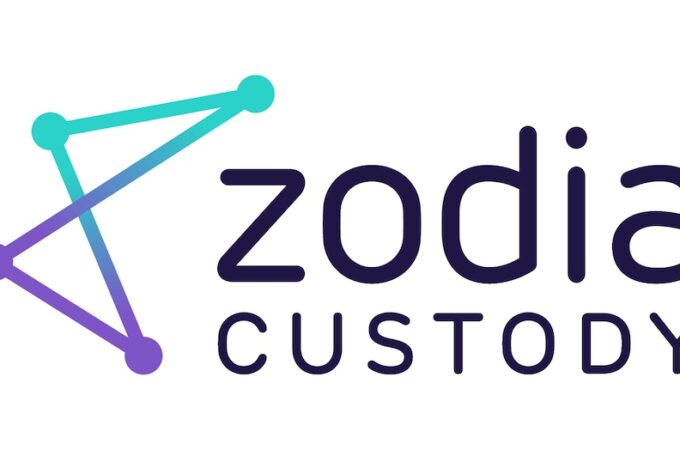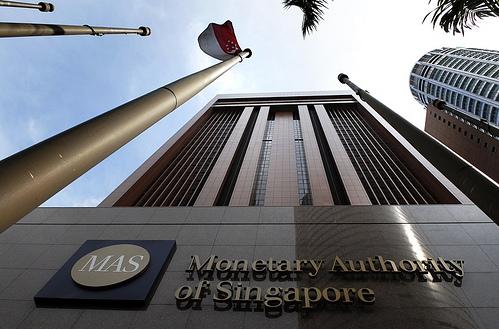P2P Lending Site Funding Circle Raises $150M Led By DST At A $1B+ Valuation
TECHCRUNCH: Time to make way for another startup juggernaut out of the financial world. Funding Circle — a London-based peer-to-peer platform for small businesses to get loans, and investors to put up money to finance those loans — is today announcing that it has raised $150 million in venture funding, in a round that we have confirmed values the startup at over $1 billion. While partial news of the financing leaked out earlier this month, now we have the full details. This latest round was led by DST Global, with participation also from Baillie Gifford, a fund managed by BlackRock, Sands Capital Ventures and Singapore’s Temasek.
“We are delighted to support Samir and the team at Funding Circle as they continue to grow and deliver value to both sides of their marketplace,” said Yuri Milner, founder of DST Global in a statement. DST has backed a wide range of other huge Internet companies and those that look like they are on their way to being huge. Recent other investments include Slack, Ola and Farfetch (enterprise collaboration, transport, and fashion respectively). Further back, it also invested in Twitter, Airbnb, Spotify and Facebook.
While the company’s valuation vaults it into the so-called “unicorn” club, it’s about to pass another billion landmark: Funding Circle is on target to loan out $1 billion on its platform this calendar year.
Additionally, it’s announcing some key appointments to bolster its growth. David Yu, formerly the CEO and CTO of online betting business Betfair, is Funding Circle’s new chief product officer. It has also appointed Chitra Nayak, previously COO of Salesforce’s Platform business, as its U.S. COO.
Samir Desai, the co-founder and CEO of Funding Circle, tells me that the company was not actively looking to raise the money and doesn’t even actually need it at the moment (sound familiar?). Of the $65 million it raised last summer, the “vast majority is still on the balance sheet,” he said in an interview.
Still, there are plans for where investments will be made. The company is currently active in the U.S. and UK markets, and it has plans to expand to further countries later this year. (Where that will be Desai is not yet making public, but the involvement of DST and Temasek could mean a move into Asia, if not deeper into Europe.) And even considering the volumes of transactions Funding Circle is already seeing in markets where it already exists, there is a lot of room to grow.
“In the UK where we’ve lent over £600 million the amount of awareness among small businesses is still low,” he said. “Less than 5% of businesses have heard of us, and the proportion is even less in the U.S.” So part of the investment the company will make going forward will be in marketing “to drive more users to our services,” he said.
There are a number of other online lending platforms in the market today — Lending Club, Prosper, Zopa and Smava (which raised money today too) being a just a handful of the others out there working specifically in the area of P2P loans.
But it’s because of this low awareness that Desai thinks the big competition for Funding Circle remains to be more traditional banks, which still account for most of the loans that small businesses get today.
Launched in 2010, Desai says that Funding Circle currently has around 40,000 investors putting money up for loans on its platform, with lenders ranging from individuals through to large institutions like the UK government.
While some lending platforms have scandalously nosedived because they could never manage to recoup the money given out, Funding Circle has built a business that is providing decent returns both to the company itself and to the people who are investing in it.
Desai says that about 2% of Funding Circle’s loans “go bad” each year, but overall investors are seeing returns of 7% on their investments in the UK, and 10% in the U.S. Interest rates are not drastically different from what a customer might see from a bank loan — anything from 6% to 20% Desai says — but the key difference is simply that the business may get the money using Funding Circle, when it might not be so lucky with the bank.
Funding Circle makes income by taking between 2% and 5% from the borrower, and 1% per year from lenders, largely for a servicing fee.
It also has constructed its business to focus on a very particular type of small business. Desai describes a typical loan applicant a a “main street business” — restaurants or pharmacies or small manufacturing operations — which have been trading for eight years on average, with revenues of over $1 million annually.
These companies have in the past struggled to access credit, he says, which they would need for one-off investments like capital projects. “Once a business borrows from us there is a 77% chance it will come back.”
Still, the promise of Funding Circle as a money-making business is one that seems still in the future. According to numbers published by The Times, the company’s last full-year accounts show that it made revenues of £5.3 million ($8 million) in 2013, up from £1.9 million in 2012. It also made a pre-tax loss of £5.3 million in 2013.
This is one of the largest funding rounds for a startup out of London, and for a lending platform anywhere. Other notable fintech fundings out of Europe include WorldRemit, which picked up $100 million in February, $58 million for TransferWise, and Kreditech’s $40 million.
Funding Circle has now raised $273 million to date, with other investors including Index Ventures, Accel Partners, Union Square Ventures and Ribbit Capital.
Read more on the topic: FINANCIAL TIMES




